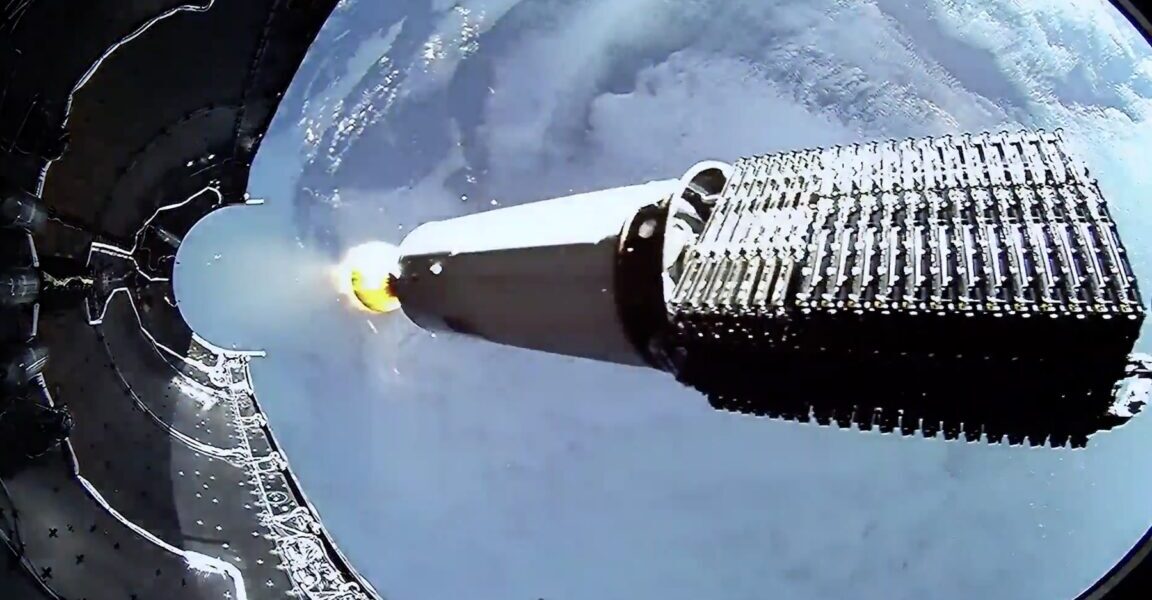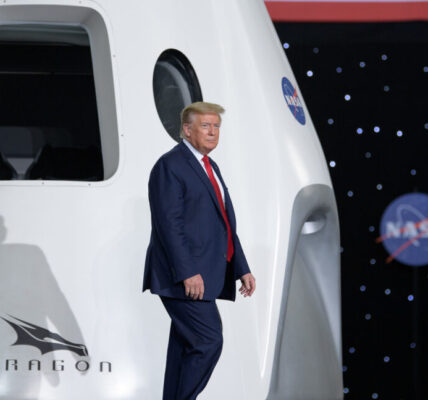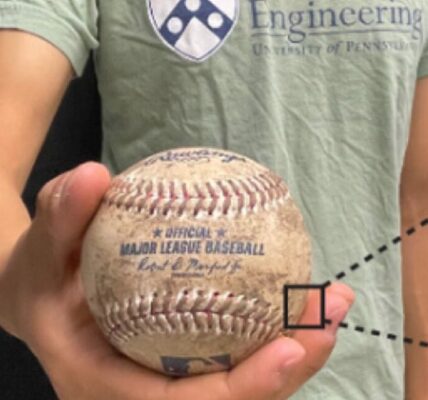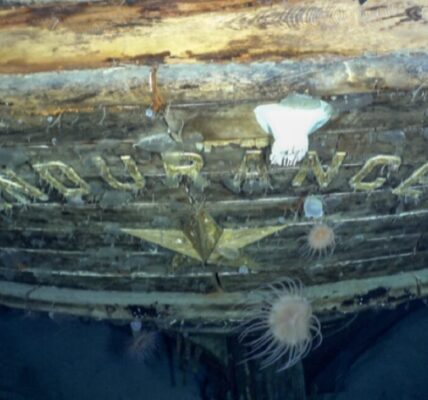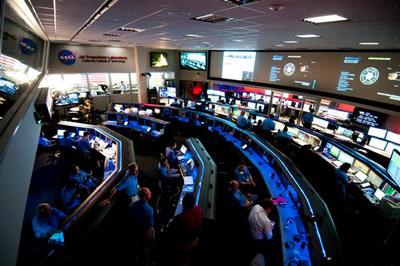NRO chief: “You can’t hide” from our new swarm of SpaceX-built spy satellites
The current generation of Starlink satellites launch in batches of 20 to 23 spacecraft on SpaceX’s Falcon 9 rocket. They’re flat-packed one on top of the other inside the Falcon 9’s payload shroud, then released all at once in orbit. The NRO’s new satellites likely use the same basic design, launching in groups of roughly 21 satellites on each mission.
According to Scolese, the NRO owns these SpaceX-built satellites, rather than SpaceX owning them and supplying data to the government through a service contract arrangement. By the end of the year, the NRO’s director anticipates having at least 100 of these satellites in orbit, with additional launches expected through 2028.
“We are going from the demo phase to the operational phase, where we’re really going to be able to start testing all of this stuff out in a more operational way,” Scolese said.
The NRO is buttressing its network of government-owned satellites with data buys from commercial remote-sensing companies, such as Maxar, Planet, and BlackSky. One advantage of commercial imagery is the NRO can share it widely with allies and the public because it isn’t subject to top-secret classification restrictions.
Scolese said it’s important to maintain a diversity of sources and observation methods to overcome efforts from other nations to hide what they’re doing. This means using more satellites, as the NRO is doing with SpaceX and other commercial partners. It also means using electro-optical, radar, thermal infrared, and electronic detection sensors to fully characterize what intelligence analysts are seeing.
The NRO is also studying more exotic methods like quantum remote sensing, using the principles of quantum physics at the atomic level.
“There’s camouflage,” Scolese said. “There are lots of techniques that can be used, which means we have to go off and look at very different phenomenologies, and we’ve developed and are developing capabilities that will allow us to defeat those types of activities. Quantum sensing is one of them. You can’t really hide from fundamental physics.”
